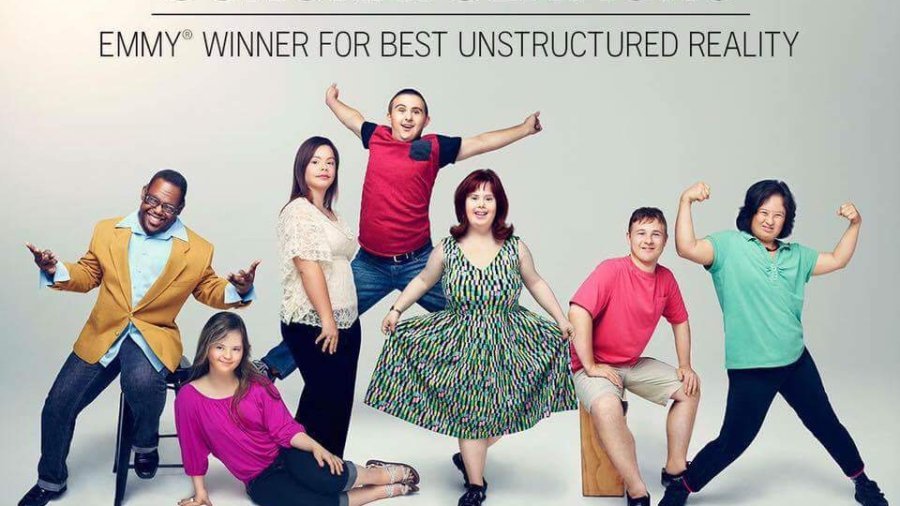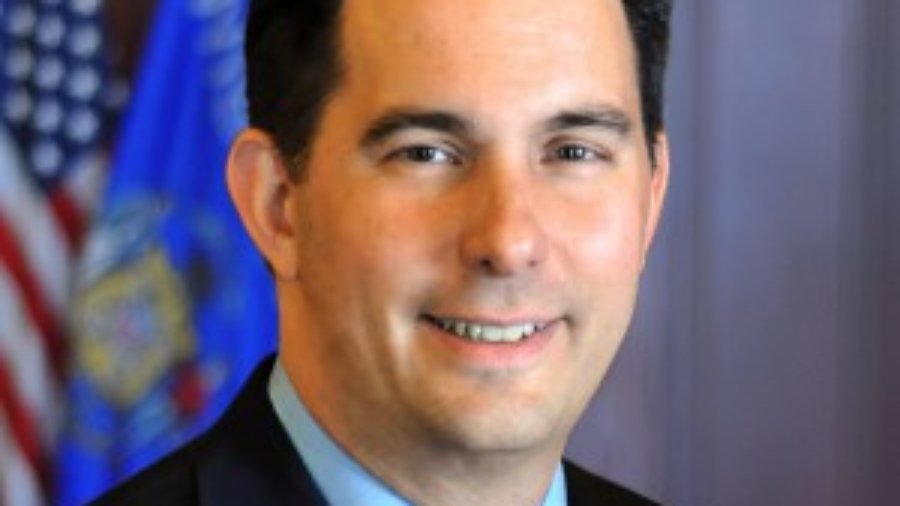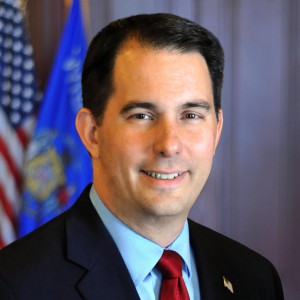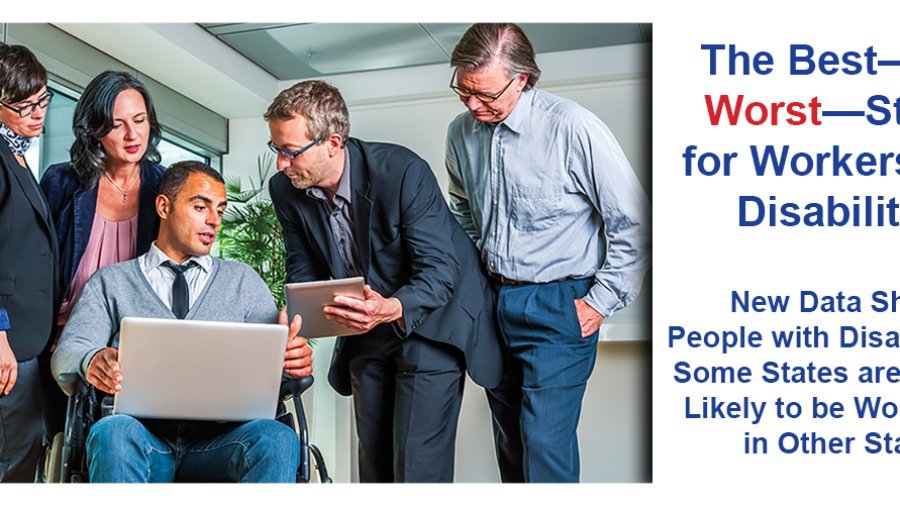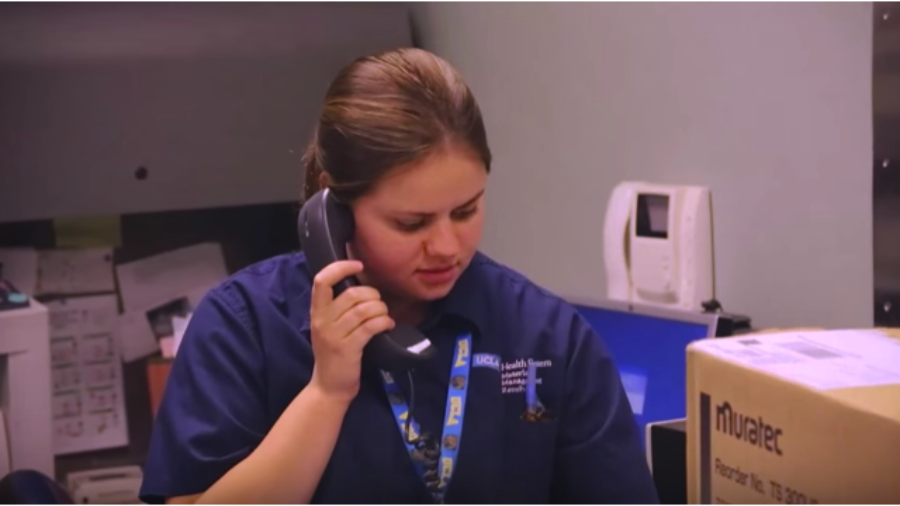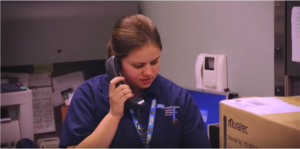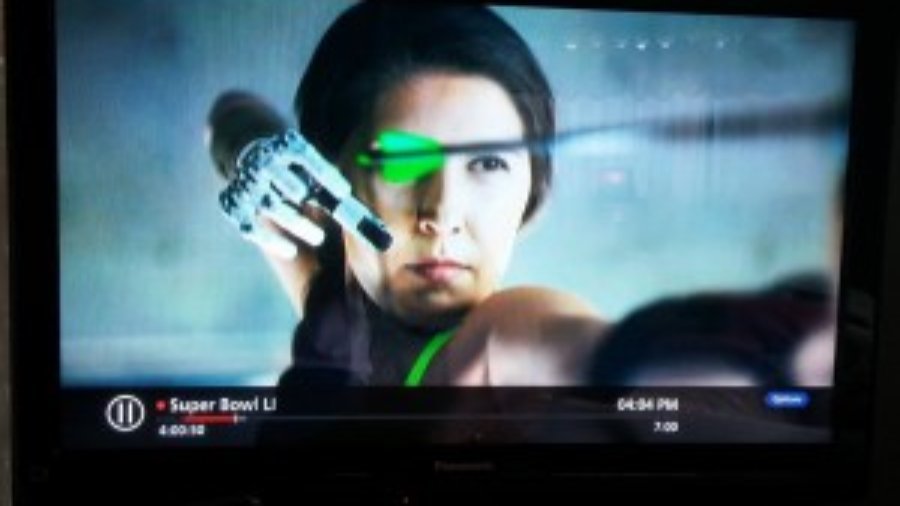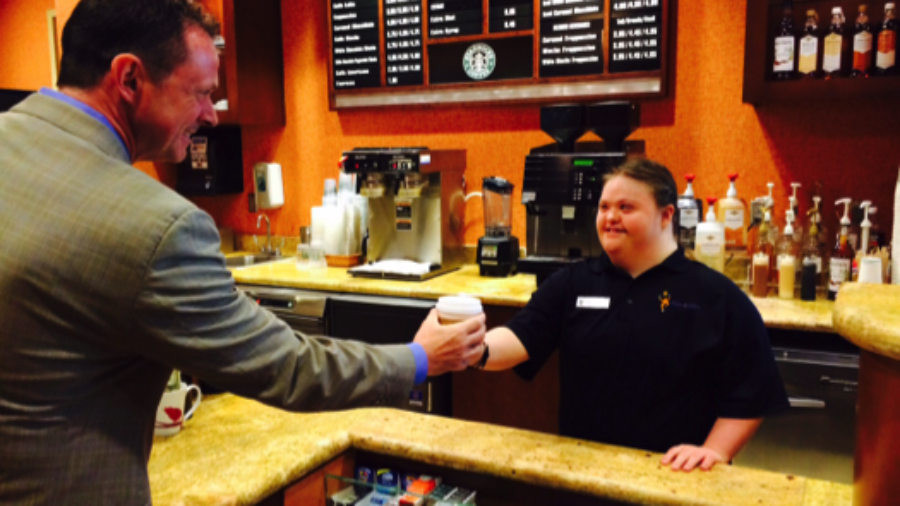Watch #BornThisWay on A&E, Tuesday at 10/9c.
Join RespectAbility for a live Twitter chat during the east coast broadcast using #BornThisWay and #BTWchat.
Rockville, Maryland, May 22 – Fully one-in-five Americans has a disability, and in many cases, their rights and lives are needlessly put at risk. While some healthcare choices are easy to understand, others are highly complex. For the first time on reality television, the issue of how adults with intellectual, mental health or other disabilities make competent decisions that can literally be life changing, or life enabling, is being addressed.
Born This Way, which recently won an Emmy for being the best reality show on TV today, is not an ordinary reality show. It stars seven diverse young adults with Down syndrome as they deal with issues around employment, independent living, education and romance.
This Tuesday night, A&E’s Born This Way will cover the potentially life-saving issue of supported decision-making for medical care. Supported decision-making is an emerging strategy to enable individuals with developmental and other disabilities to make their own choices. This is especially helpful in the health care setting where every person utilizes the expertise of his or her provider and other resources to make difficult health related decisions.
“RespectAbility applauds Born This Way for its informed and sensitive coverage of how adults with disabilities can safely and successfully interact with the healthcare system,” said Jennifer Laszlo Mizrahi, president of RespectAbility, a nonprofit organization that fights stigmas and advances opportunities for people with disabilities. “It’s not every day that reality shows can save lives – but this episode absolutely can do that. It also demonstrates that every human being has the right to be treated with dignity.”


